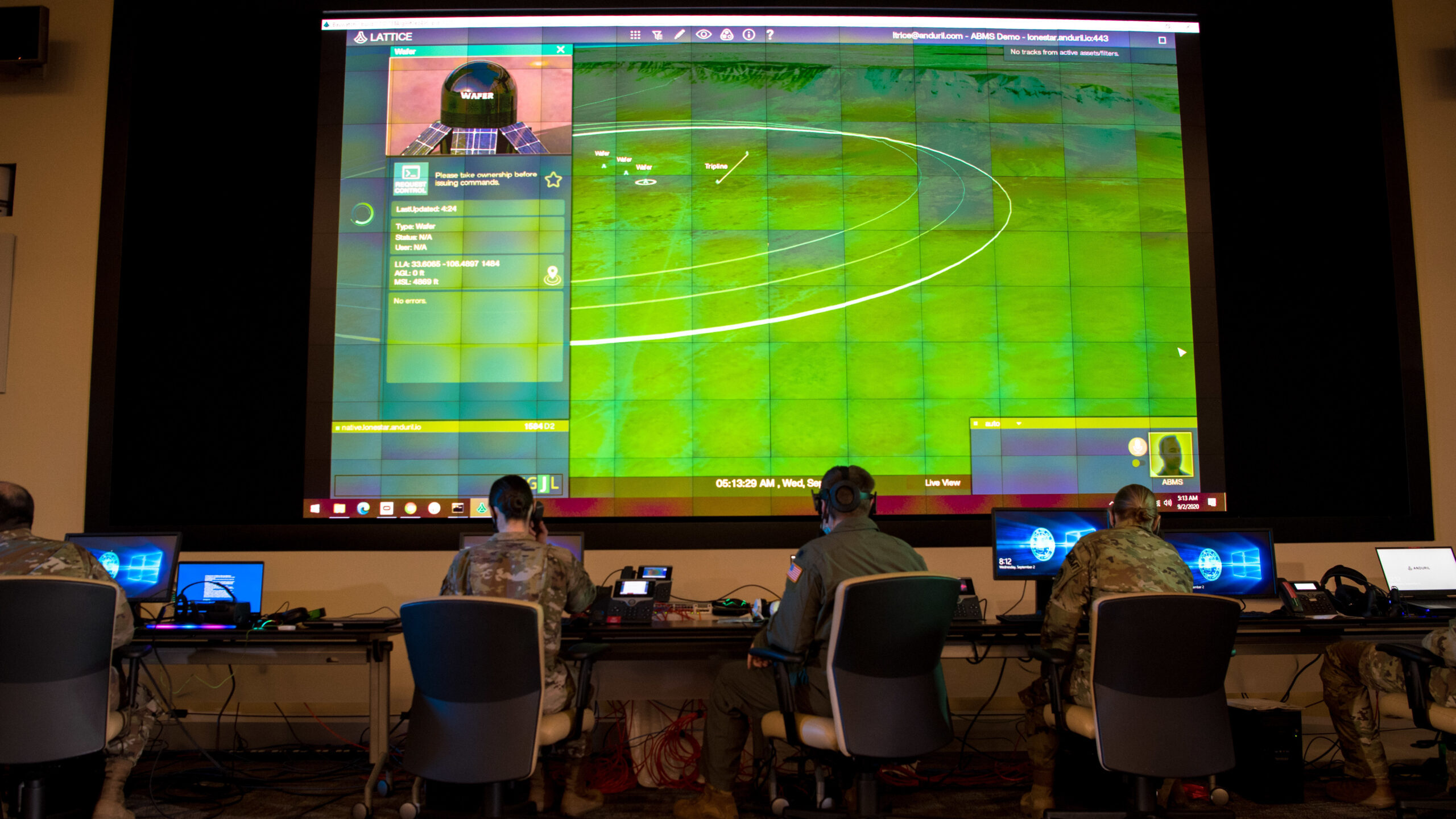
Correction 1/6/22 at 9:32am ET: A previous version of this story incorrectly stated the size of the data teams. They will include one government civilian and four contractors.
WASHINGTON: The Department of Defense will send data experts to its combatant commands this year to prepare them for Joint All-Domain Command and Control, the Pentagon’s top data official said today.
The experts will arrive at combatant commands under the department’s Artificial Intelligence and Data Accelerator initiative, announced last summer, to help combatant commands better understand and use their data.
“What we’re doing is … get all the teams fielded” this year, Dave Spirk, the Pentagon’s chief data officer, said a roundtable hosted by the Defense Writers Group. “Get the leadership teams in place. Begin helping the data leaders at the combatant commands understand their priority use cases and demonstrate capabilities that exist today that they can just begin using.”
RELATED: It’s ‘delivery time’ on JADC2: 2022 Preview
Since Deputy Secretary of Defense Kathleen Hicks announced AIDA last year, Pentagon data officials have spent the last six months “making the formal rounds” to the combatant commands’ data offices to understand their unique needs. So far, Spirk said, his team has met with eight of the 11 commands, with a visit to Cyber Command scheduled for Thursday and plans to visit the remaining two later this month.
The dedicated data teams to follow later this year will include five data experts — one government civilian and four contractors, Spirk said. Installing those teams at the commands is important in 2022 because it allows the department to “begin the governance and management bodies that will allow us to begin interconnecting concepts and capabilities,” he said.
The AIDA initiative is important to Joint All-Domain Command and Control, the Pentagon’s future concept of wartime info sharing in which a web of networked systems pass unprecedented amounts of data. But for that to work, the combatant commands need properly formatted, stored, labeled and managed data to ensure that the data driving their decisions is accurate and trustworthy. Critical to sifting through that data will be artificial intelligence and automation.
RELATED: At Project Convergence, Army ‘struggling’ to see joint battlefield
The AIDA initiative deploys two different types of teams to the combatants. The first is the data teams that Spirk discussed that will stay at combatant commands for long periods to “begin helping and being a part of the team at those combatant commands to unlock their data driven futures.” The other set of teams is made up of technical experts that will look at how COCOMs use data to make decisions and then apply AI to meet their needs.
“It’s about the talent. It’s getting that data talent into the combatant command, knowing that it’s going to be there so that they can begin understanding what they have and what’s within the art of the possible there,” Spirk said.